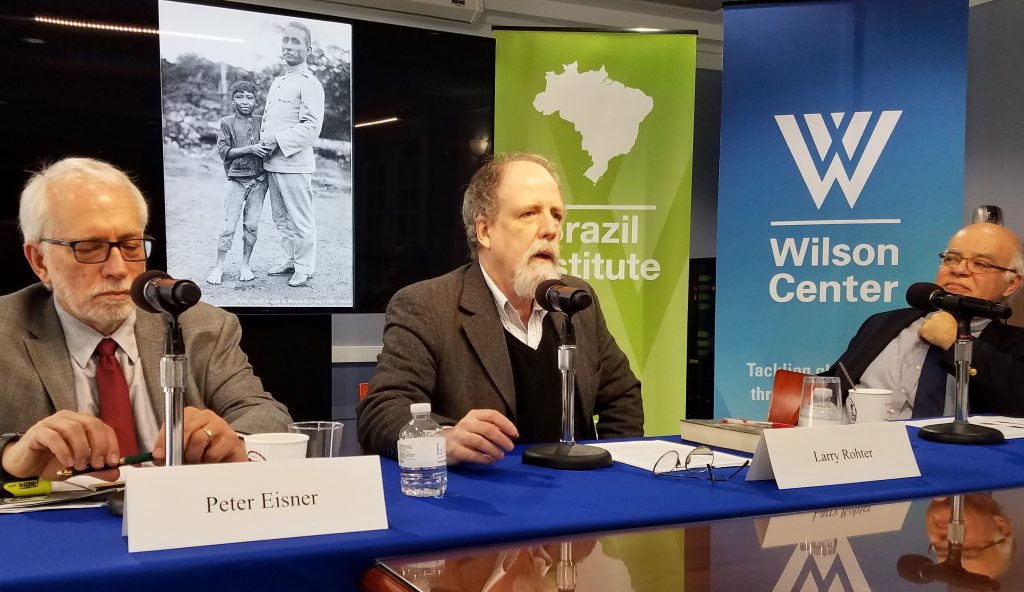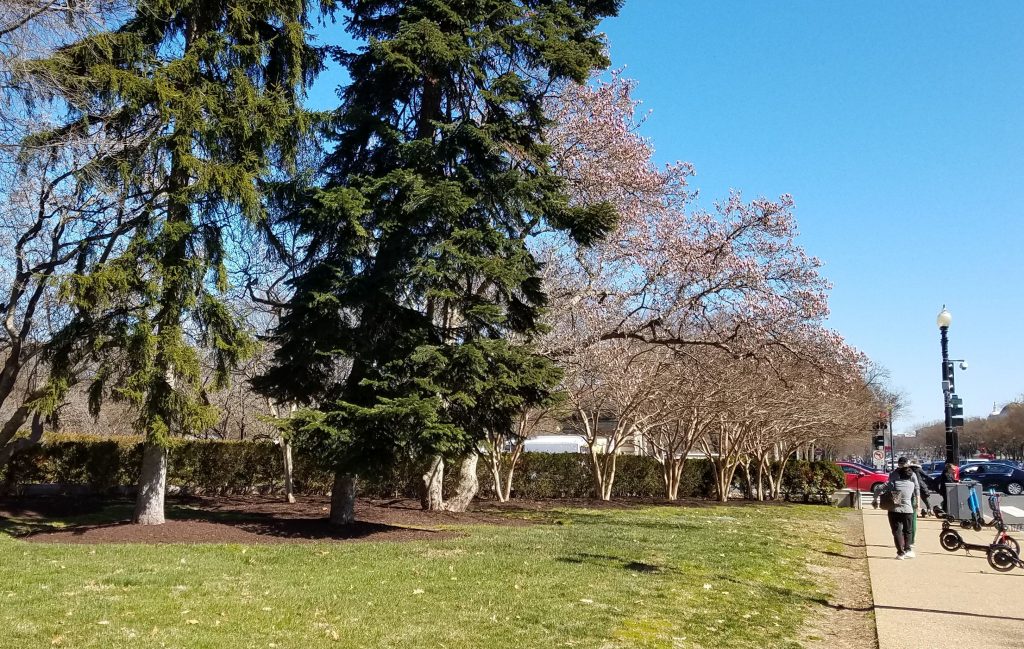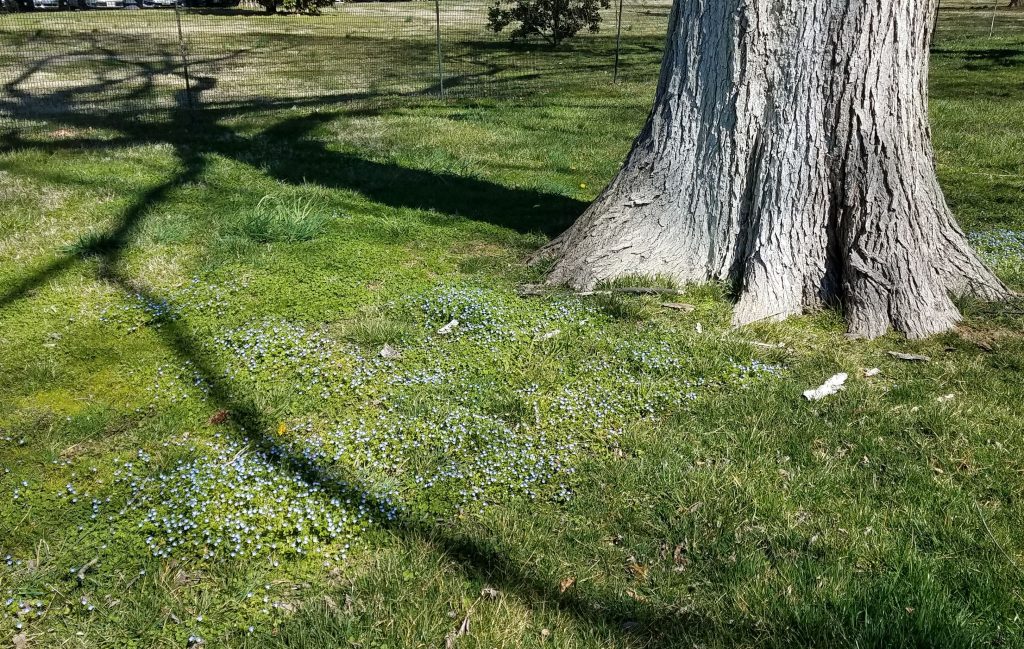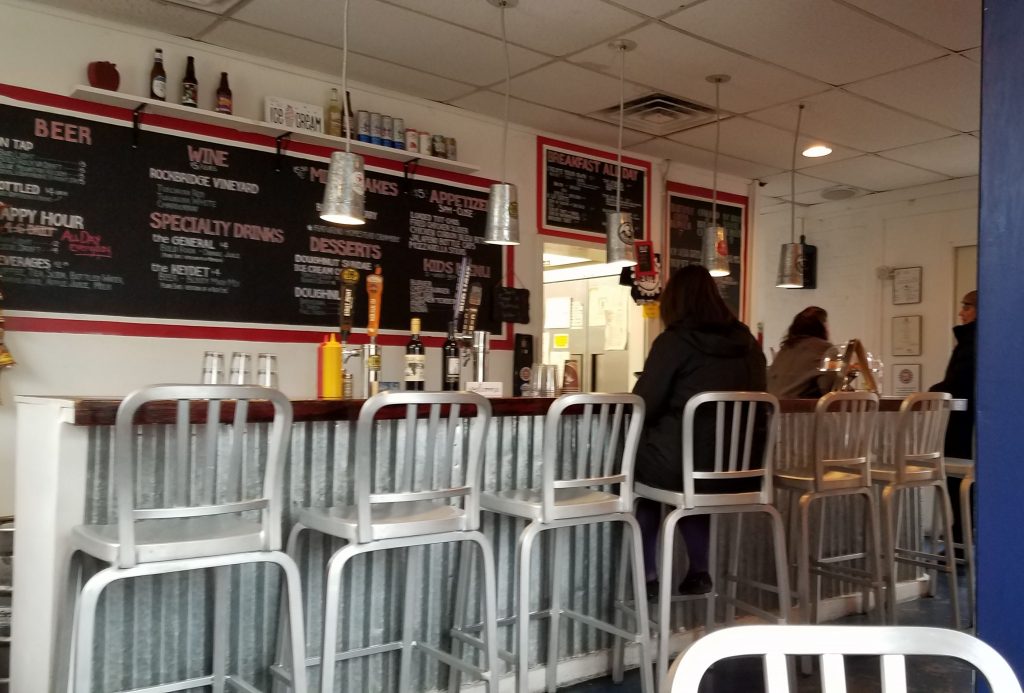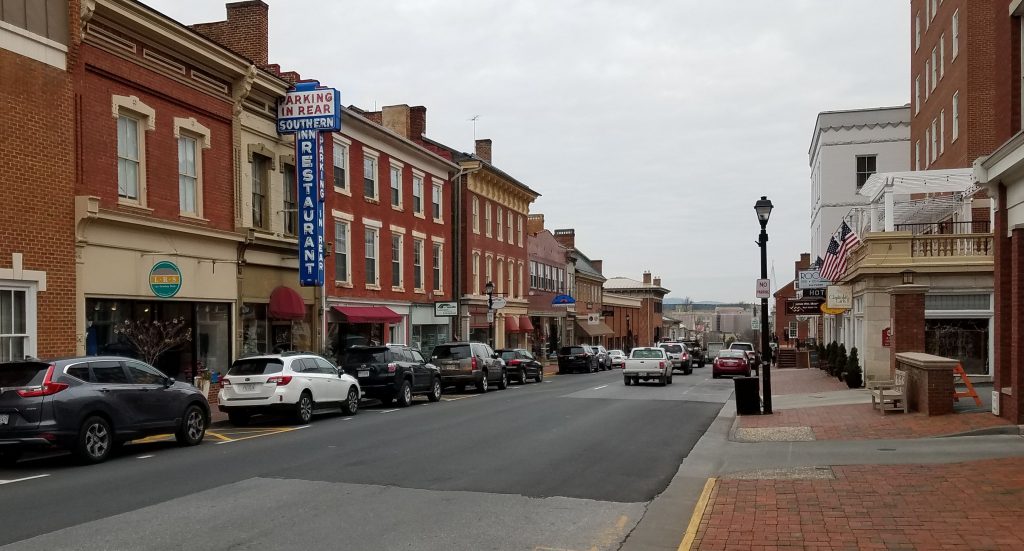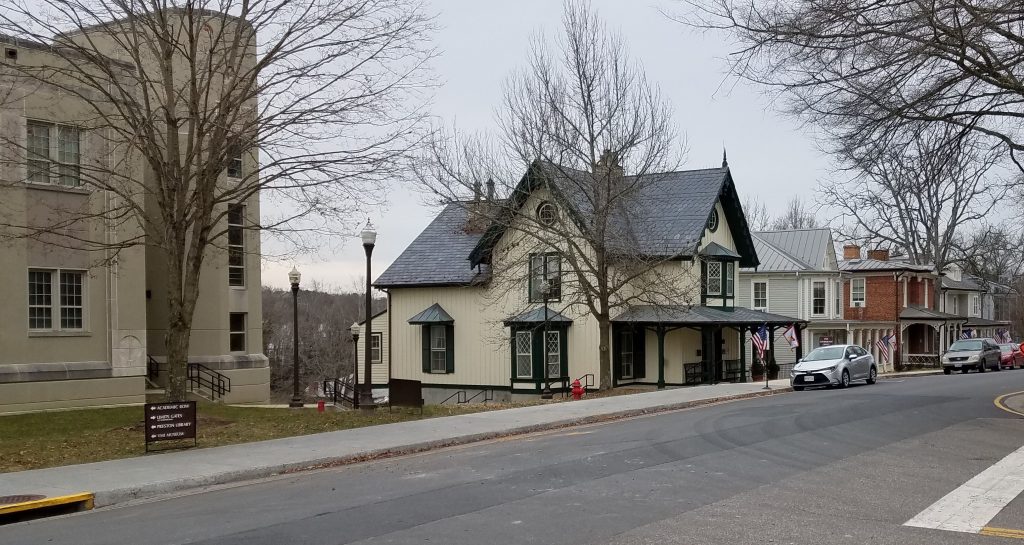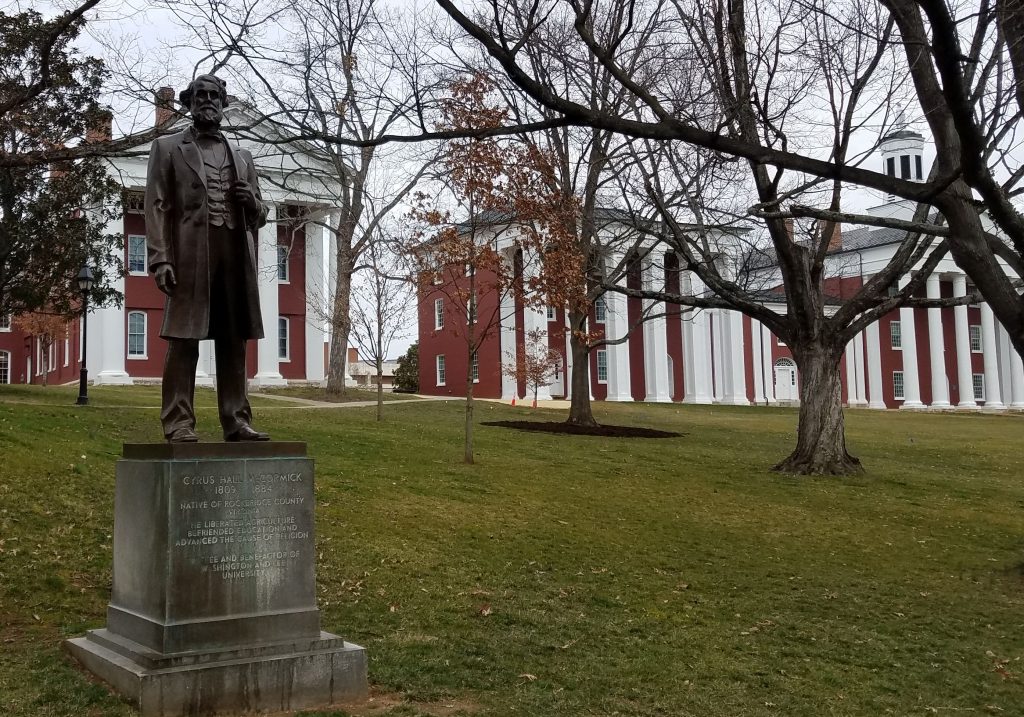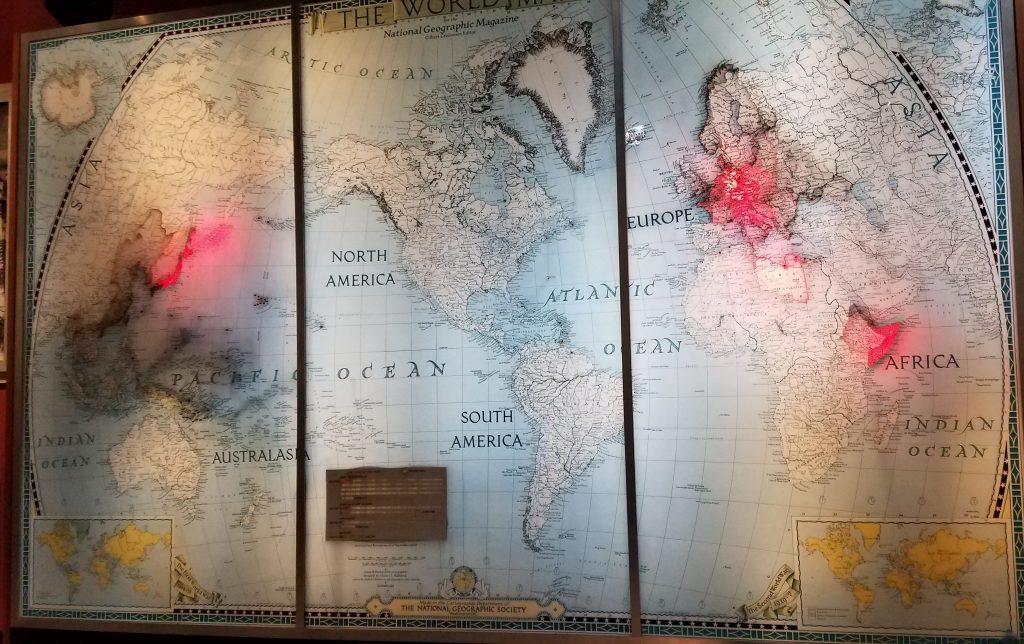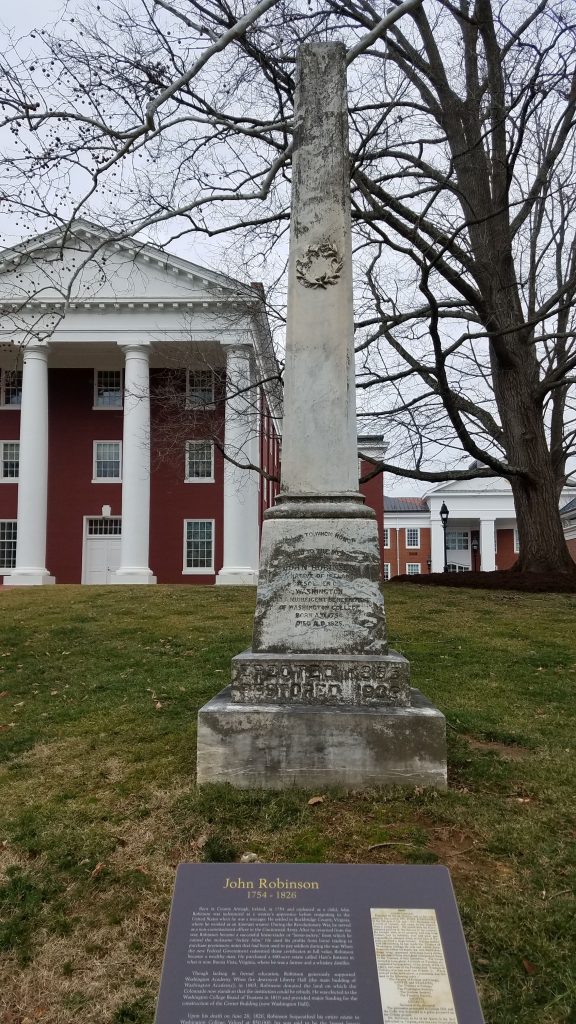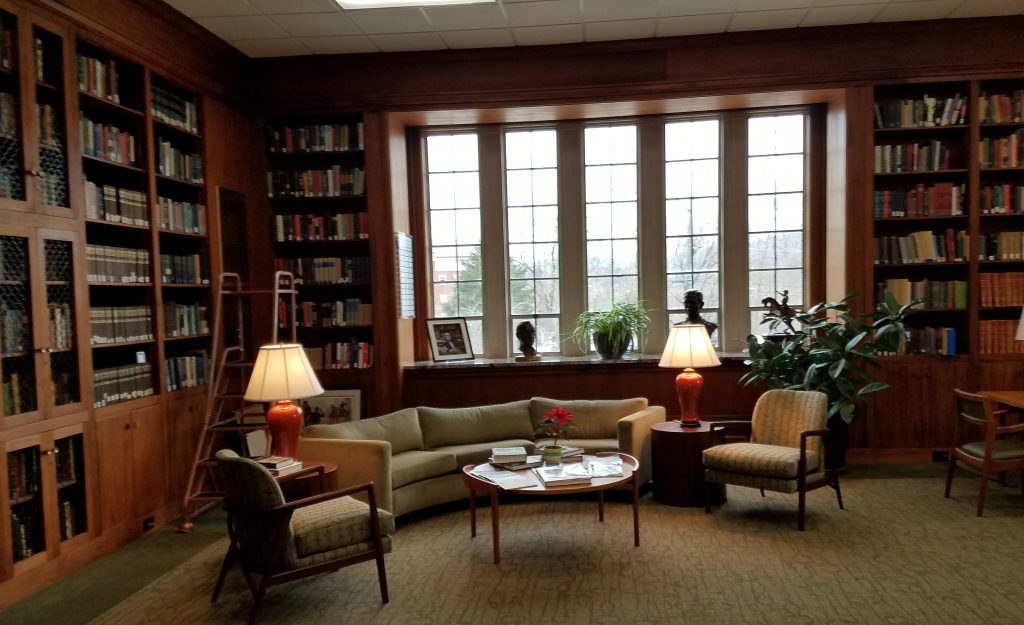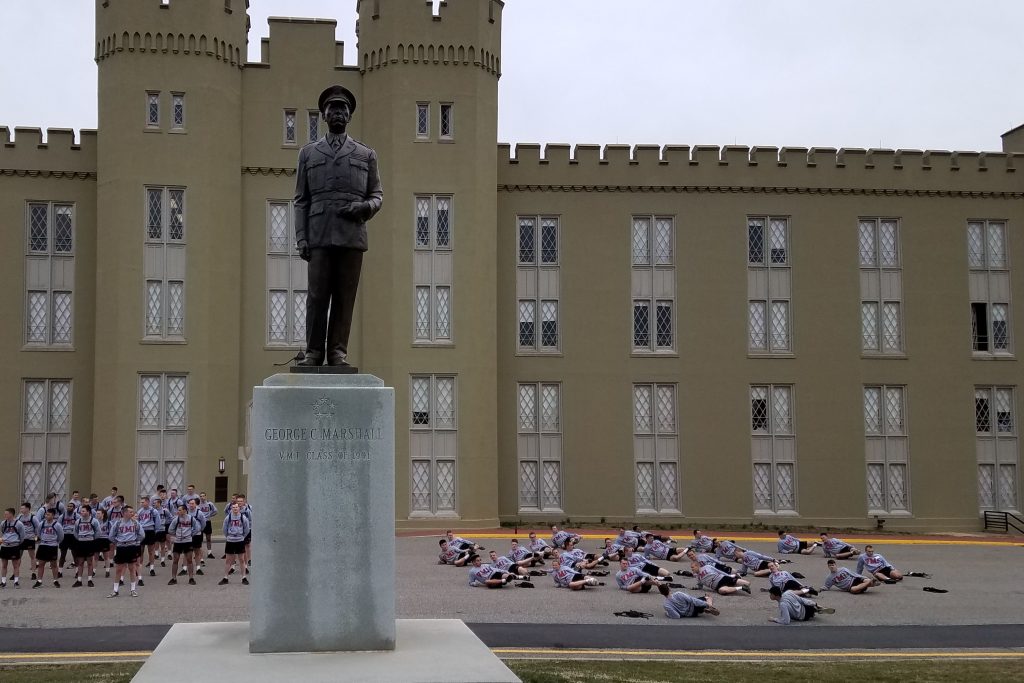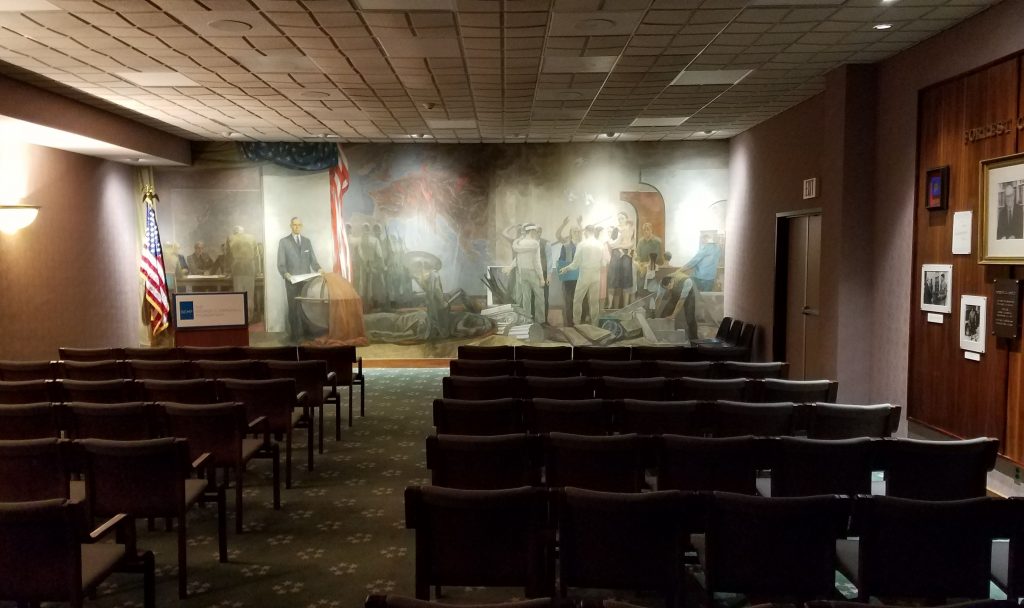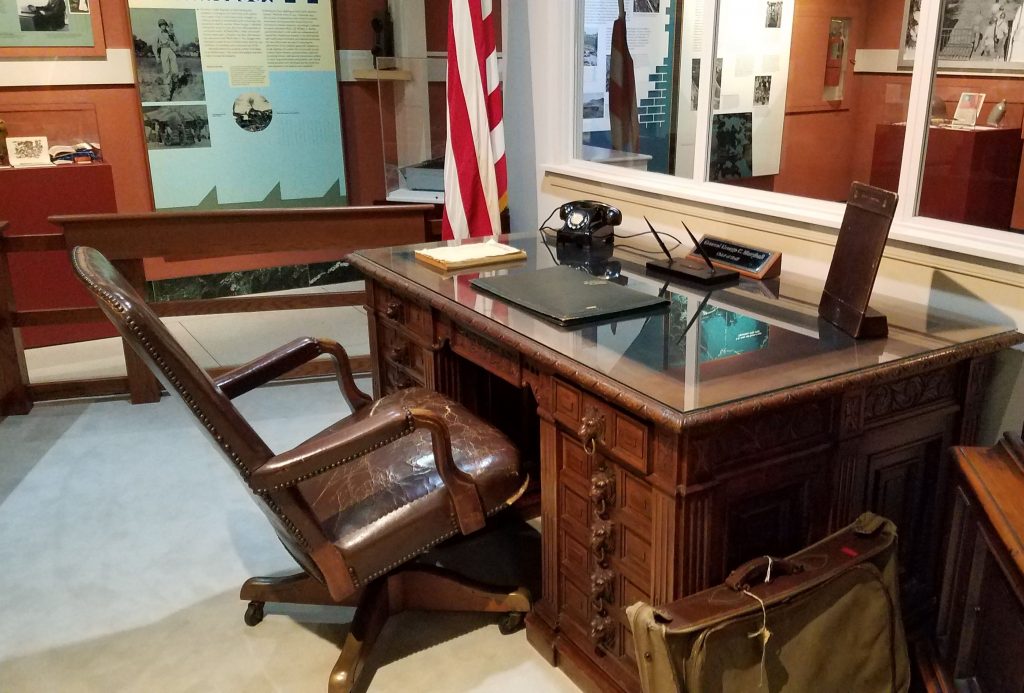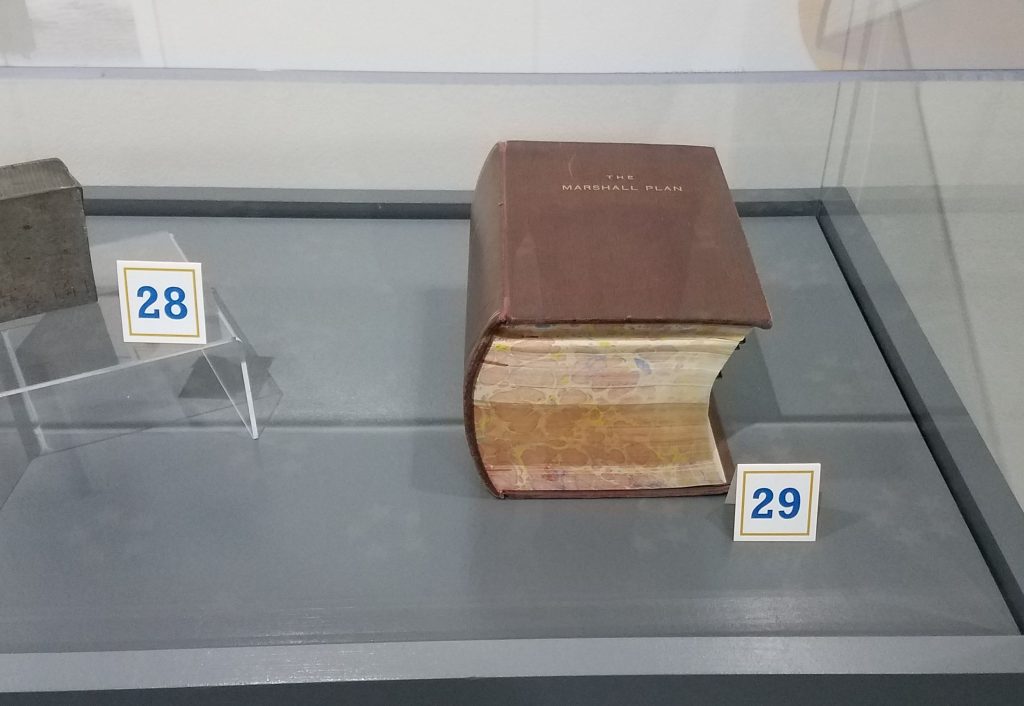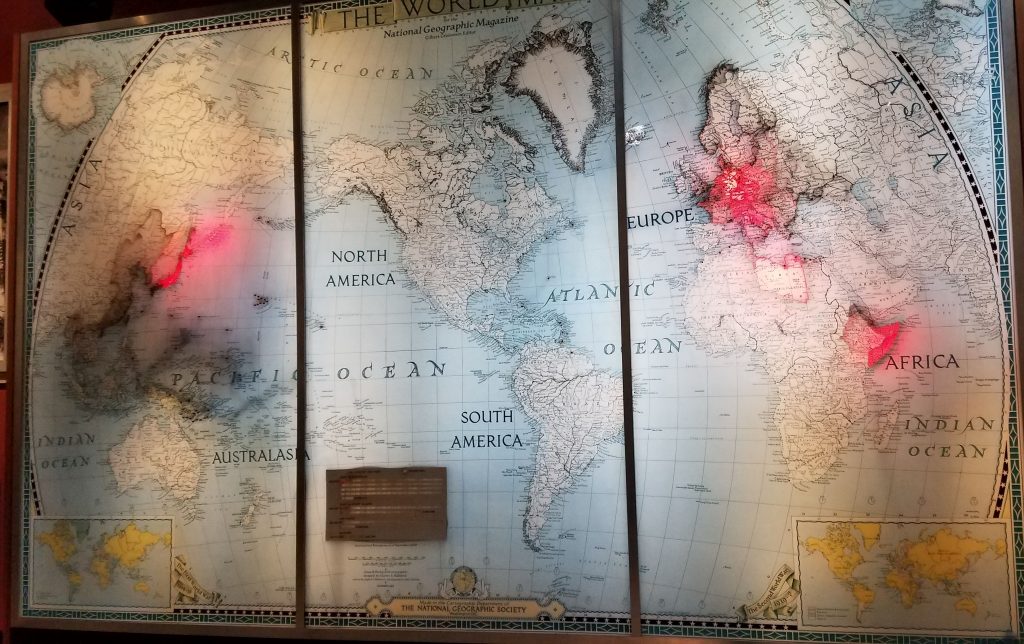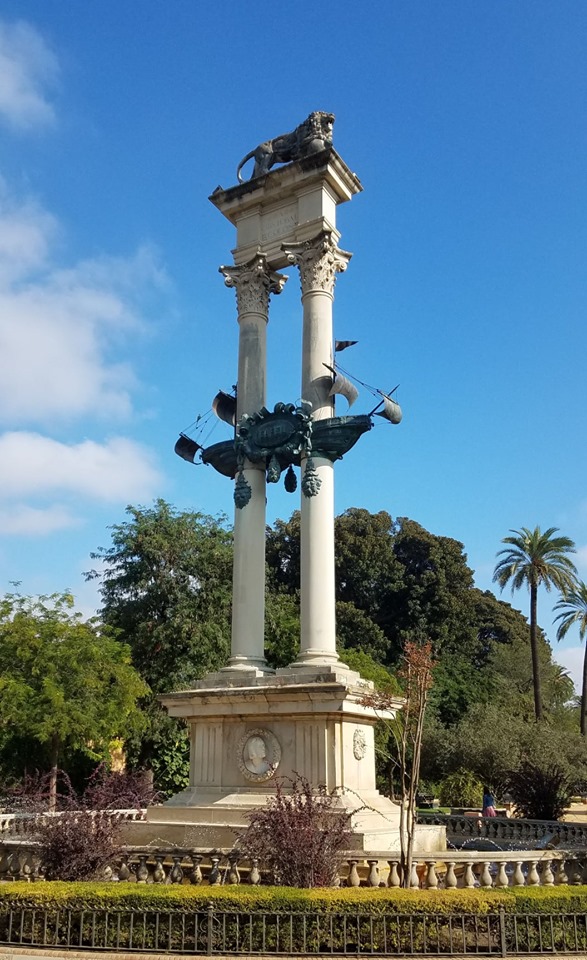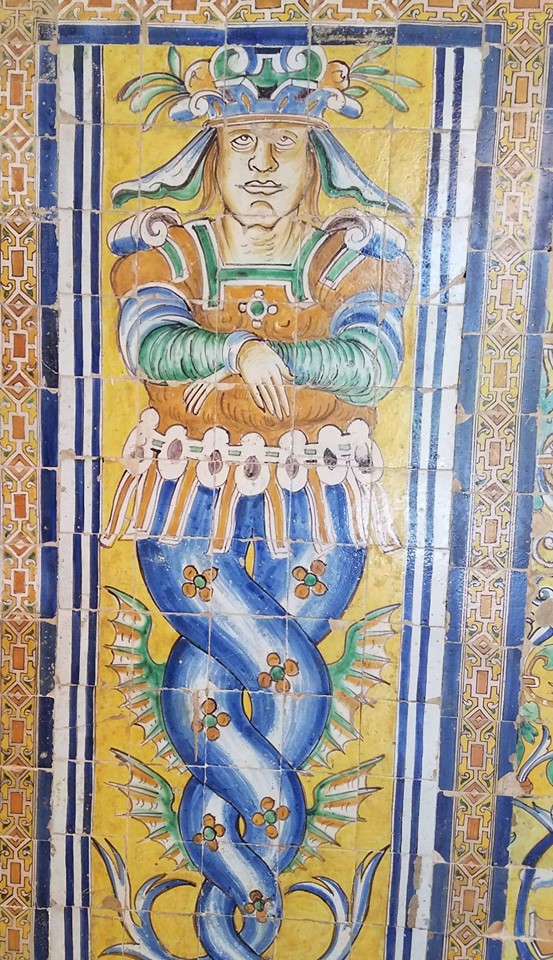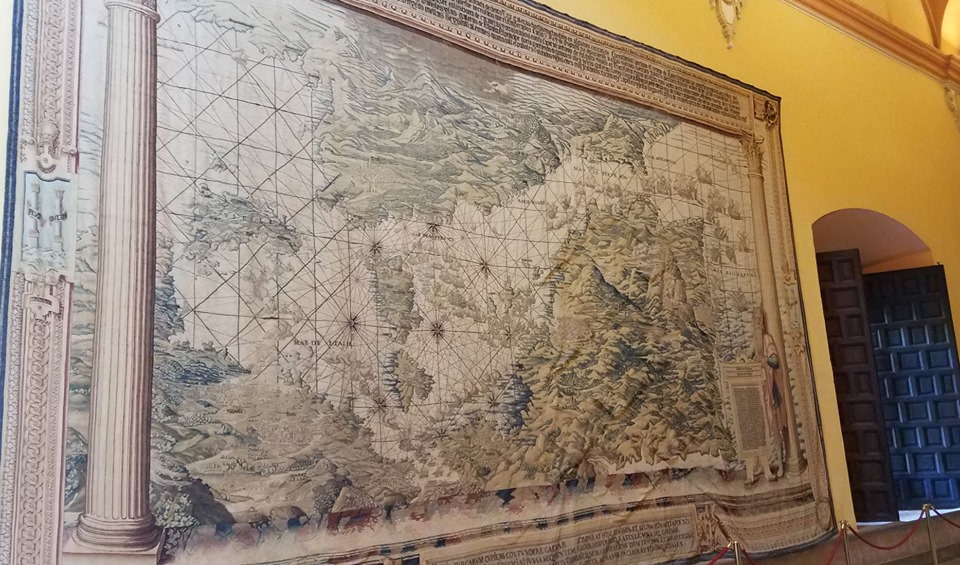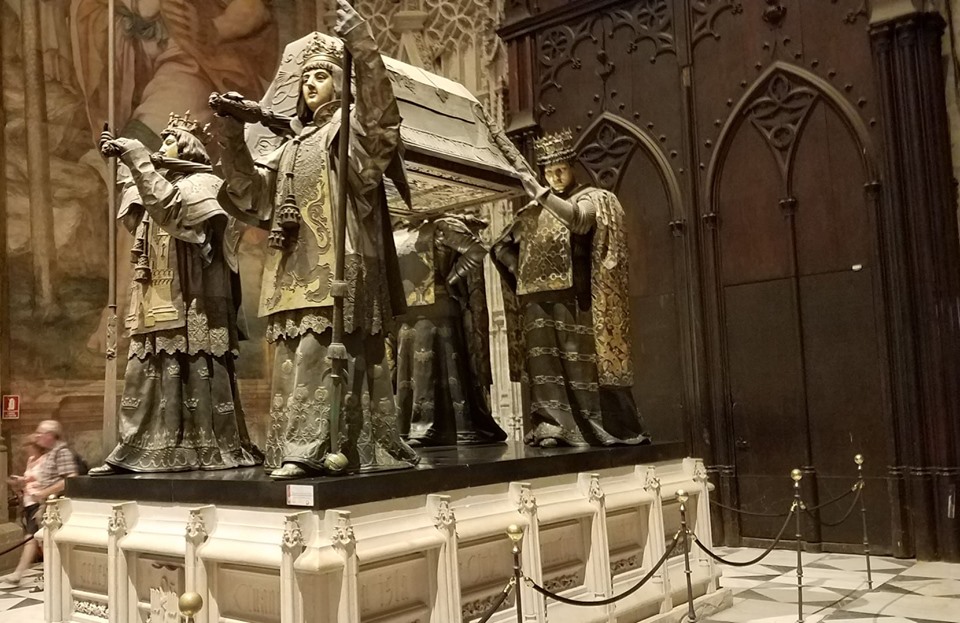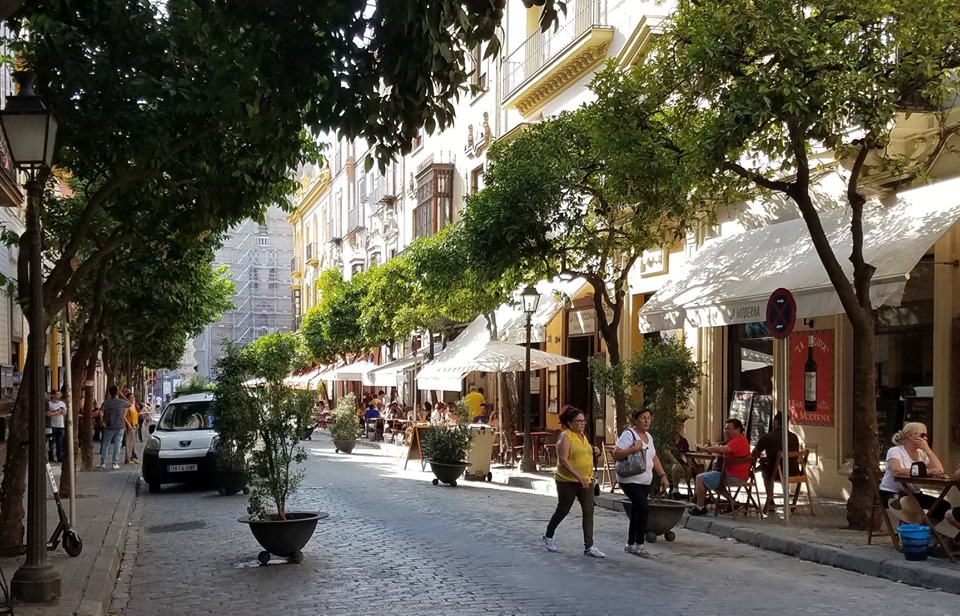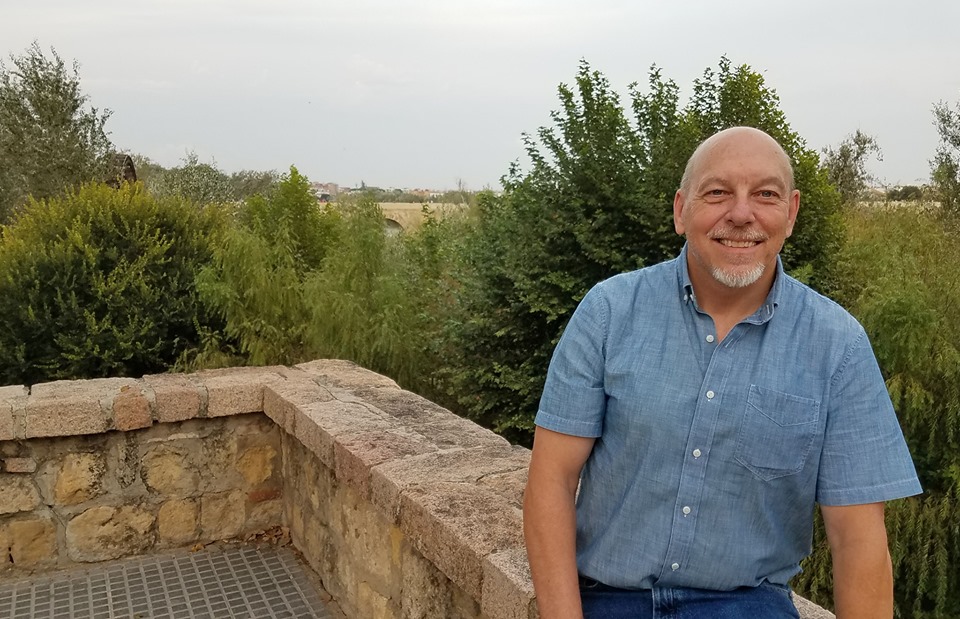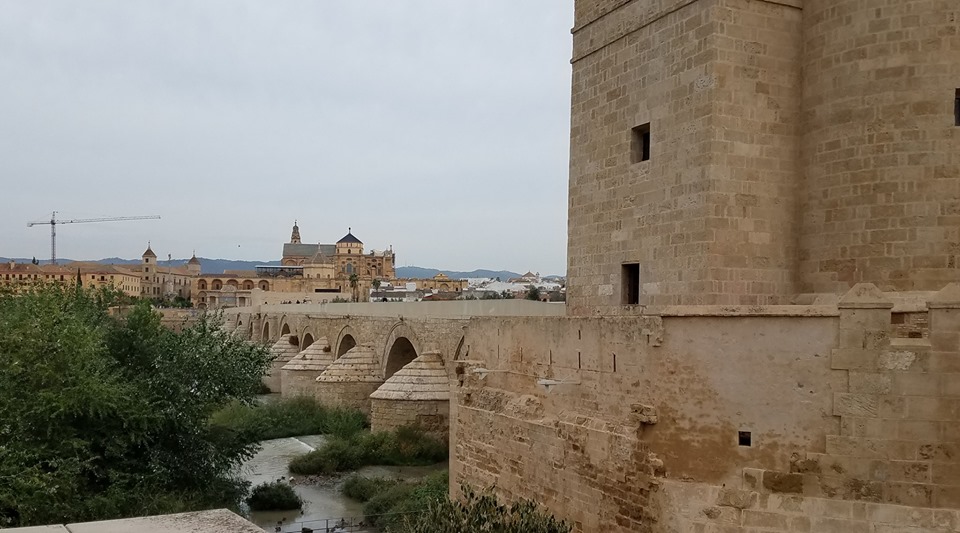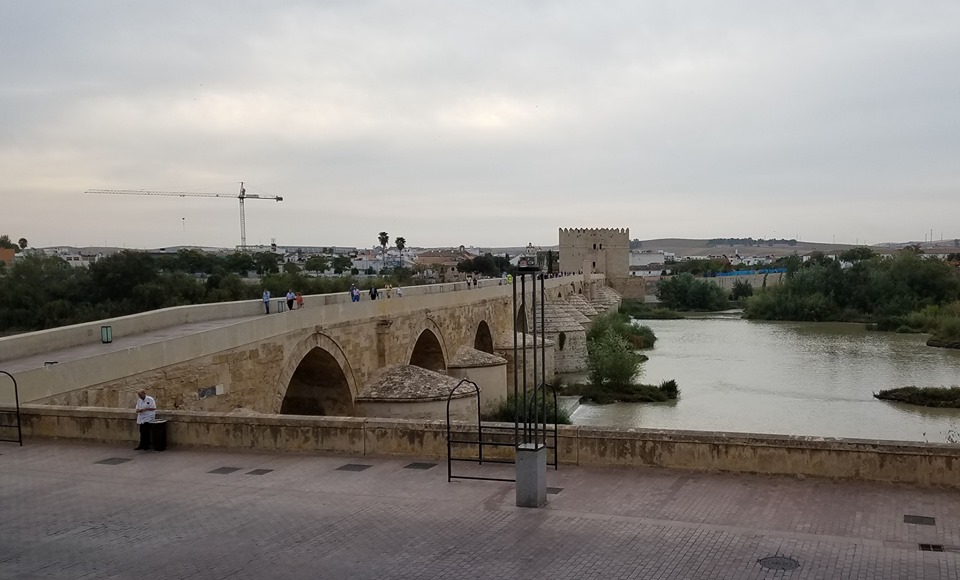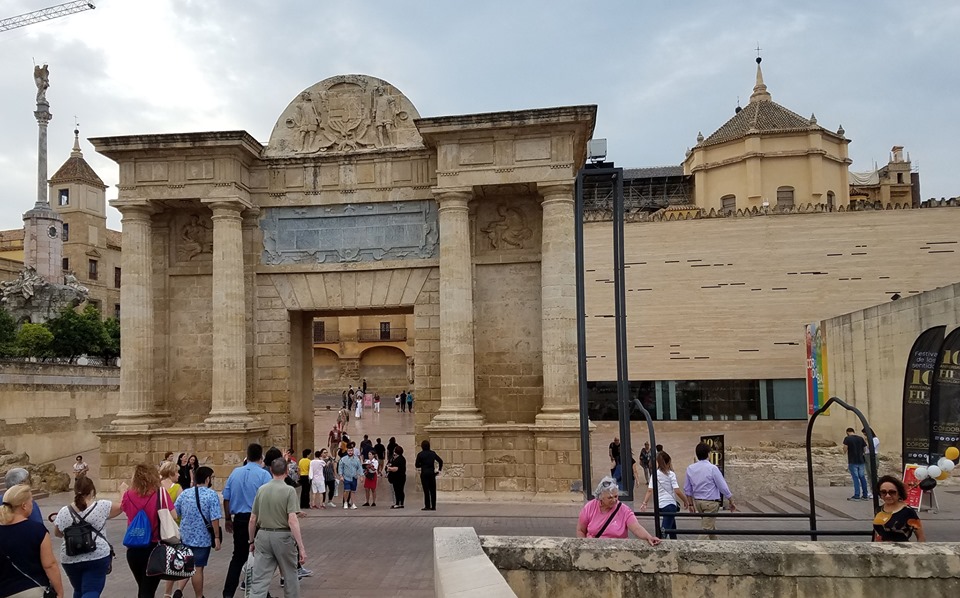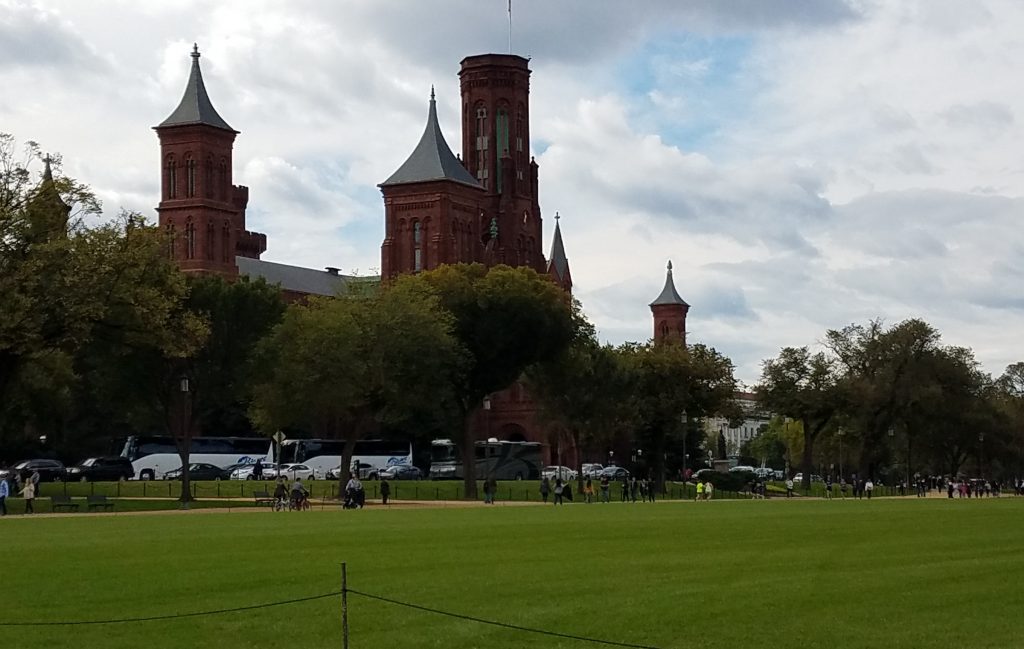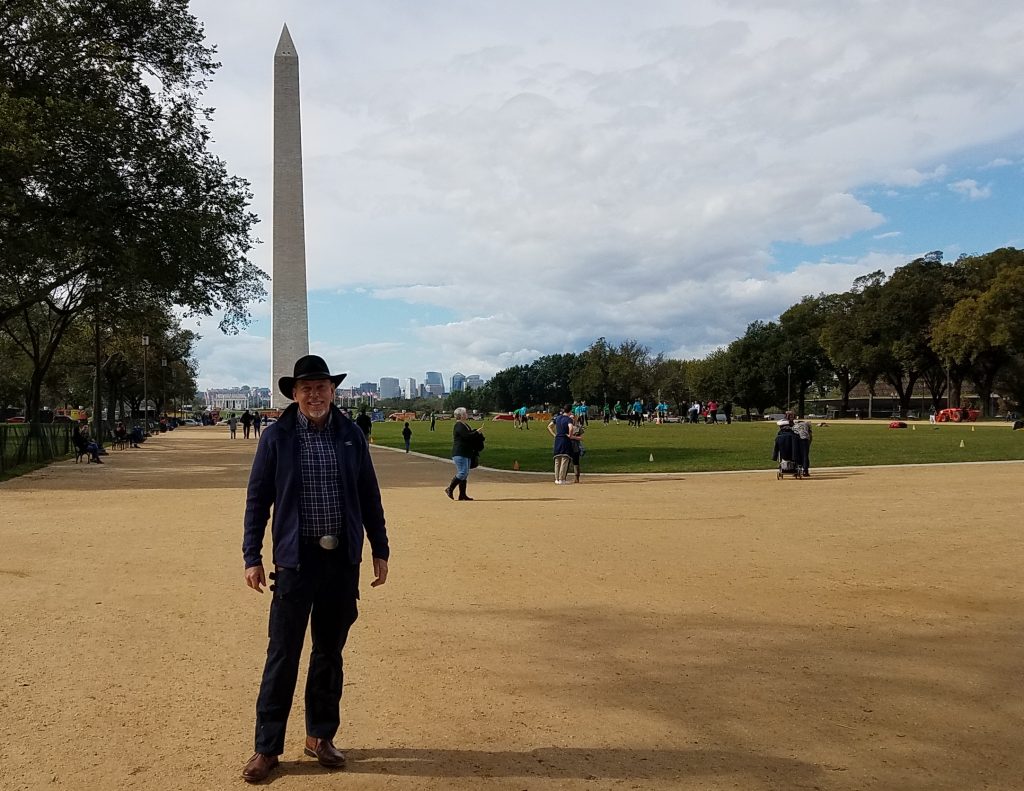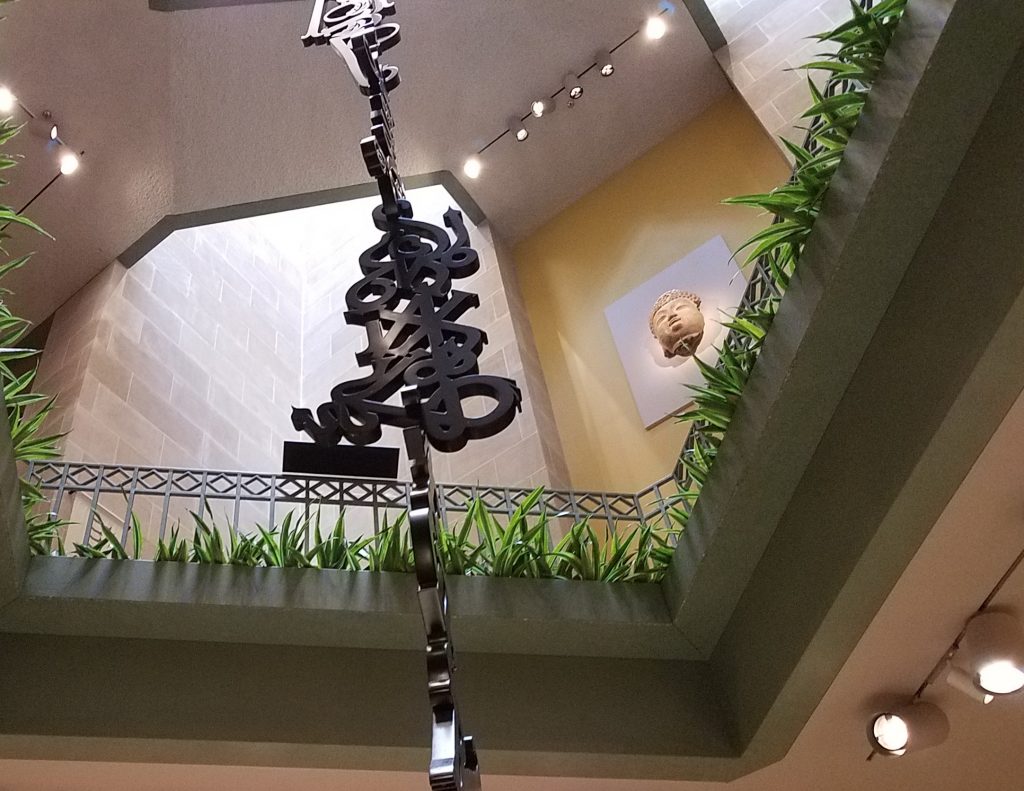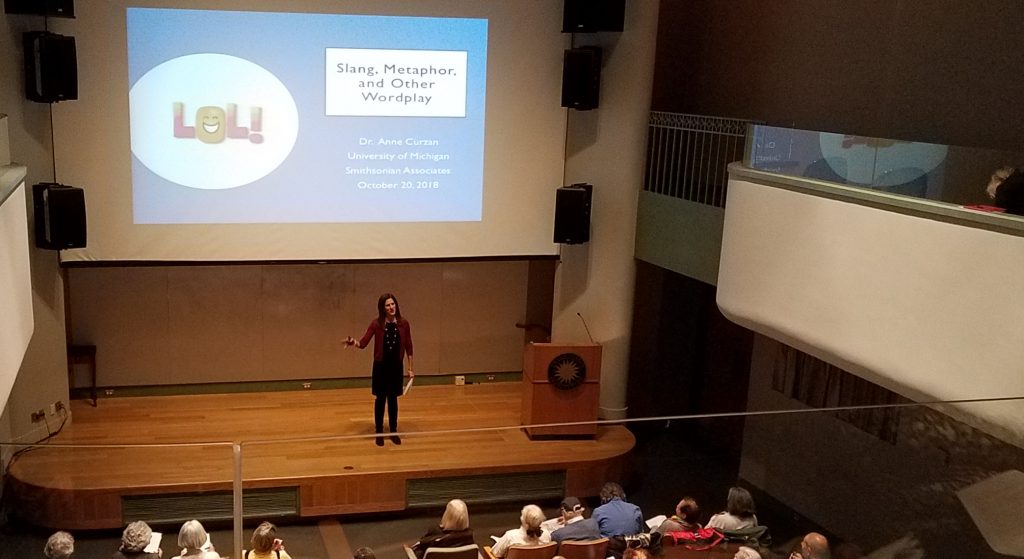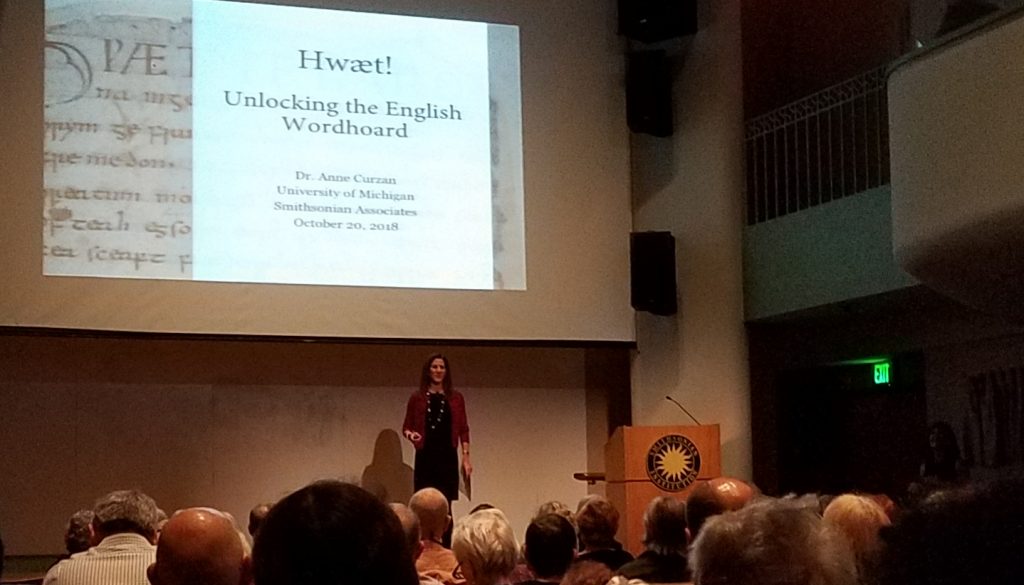Cândido Rondon is not well known enough even in Brazil, even though there is a state – Rondônia – named after him, and certainly not as well as he deserves outside the country. I had not heard of him before I went to Brazil, at least not that I recall. I was vaguely aware of Theodore Roosevelt’s expedition to Brazil. He explored what was then called the River of Doubt, because nobody knew where it went. It is now called the Rio Roosevelt. But I assumed that it was Roosevelt’s expedition, much like his safari in Africa. In other words, I didn’t know much and much of what I did know was wrong.
Our Ambassador in Brazil, Tom Shannon, took a special interest in Rondon and that stimulated my initial interest. If the boss likes it, it is a good idea to at least look into it but I soon started to see why he was important. I ended up visiting Rondônia twice, talked to enough people, read enough to become a passable lay authority & developed enough of a passion for the subject that I still attend presentations five years after leaving Brazil. Larry Rohter discussed his book at a Wilson Center program “The Life and Legacy of Cândido Rondon: Amazon Explorer, Environmentalist, Scientist, and Advocate for the Rights of Indigenous Peoples.” This is the most complete biography of Rondon available. It is available only in Portuguese. I thought of reading it as language exercise and may yet, but it costs $92 on Amazon. Not sure I want to pay that.
Rondon had a long and eventful life. He was born in the year Abe Lincoln was shot and lived long enough to hear that Sputnik had been launched into space. He was an explorer, scientist, anthropologist and soldier, but remarkable was his philosophy of non-violence. When dealing with indigenous people, his orders were to die if necessary but never to kill. His expedition with Roosevelt was not unique for him. He was the greatest of tropical explorers. Roosevelt always gave Rondon credit as his co-leader, but back in the USA they kind of thought of him as a “native guide” to the great Roosevelt. Rondon saved Roosevelt’s life a few times in the Amazon, but the expedition nearly killed Roosevelt anyway. (A great book re is “River of Doubt” by Candice Millard). His health never recovered and this may have influenced U.S. politics, since he did not have that unbounded energy to throw into elections in 1914 & 1916.
Besides his exploration and science writing, Rondon was a respected statesman. He was instrumental in keeping Brazil from falling under the influence of the Nazis and in getting Brazil on the USA side when the war came. Rondon was nominated for the Nobel Prize three times, first time by Albert Einstein. It was an interesting presentation. Glad I went. I rode my bike down to Washington and enjoyed a great spring day. I forget the simple joy of spring and then rediscover it with greater joy each year. First four pictures are from springtime Washington. Pond cypress with spring catkins, magnolia and spruce, longleaf pine flowers at the National Botanical Gardens, followed by spring flowers in general. Last picture is from the presentation.


